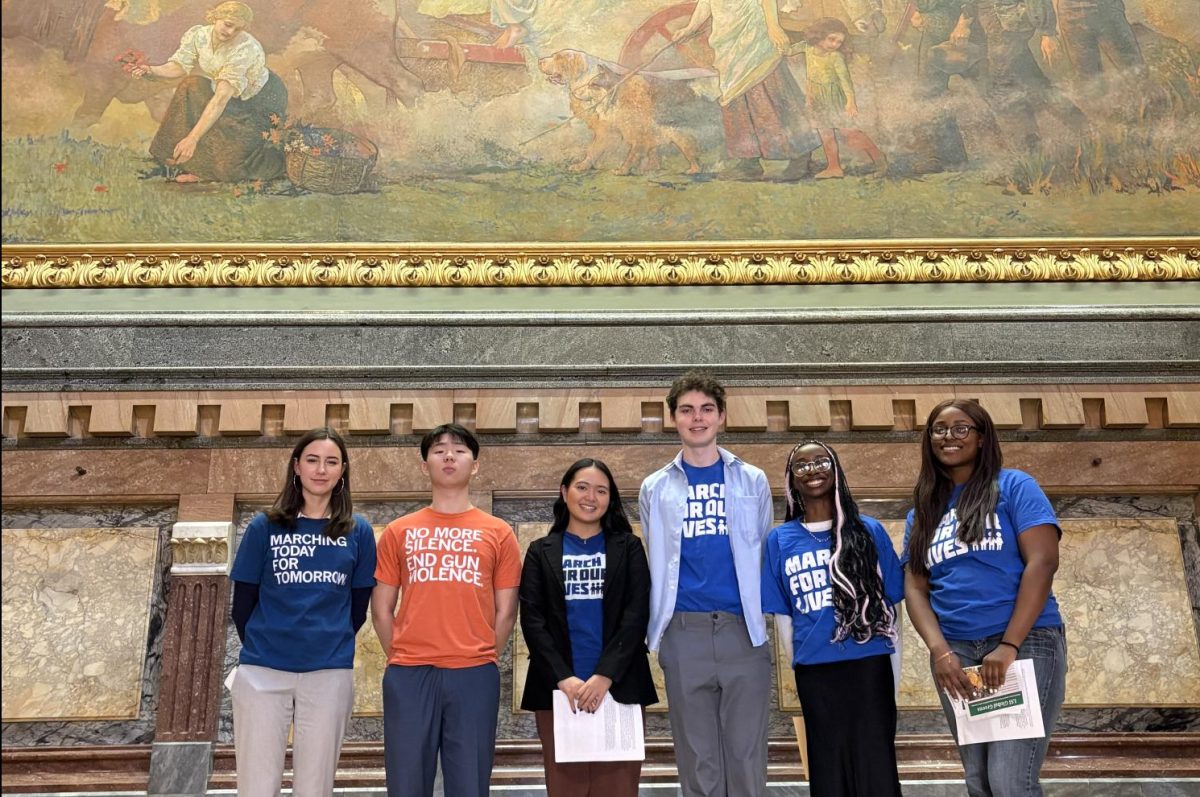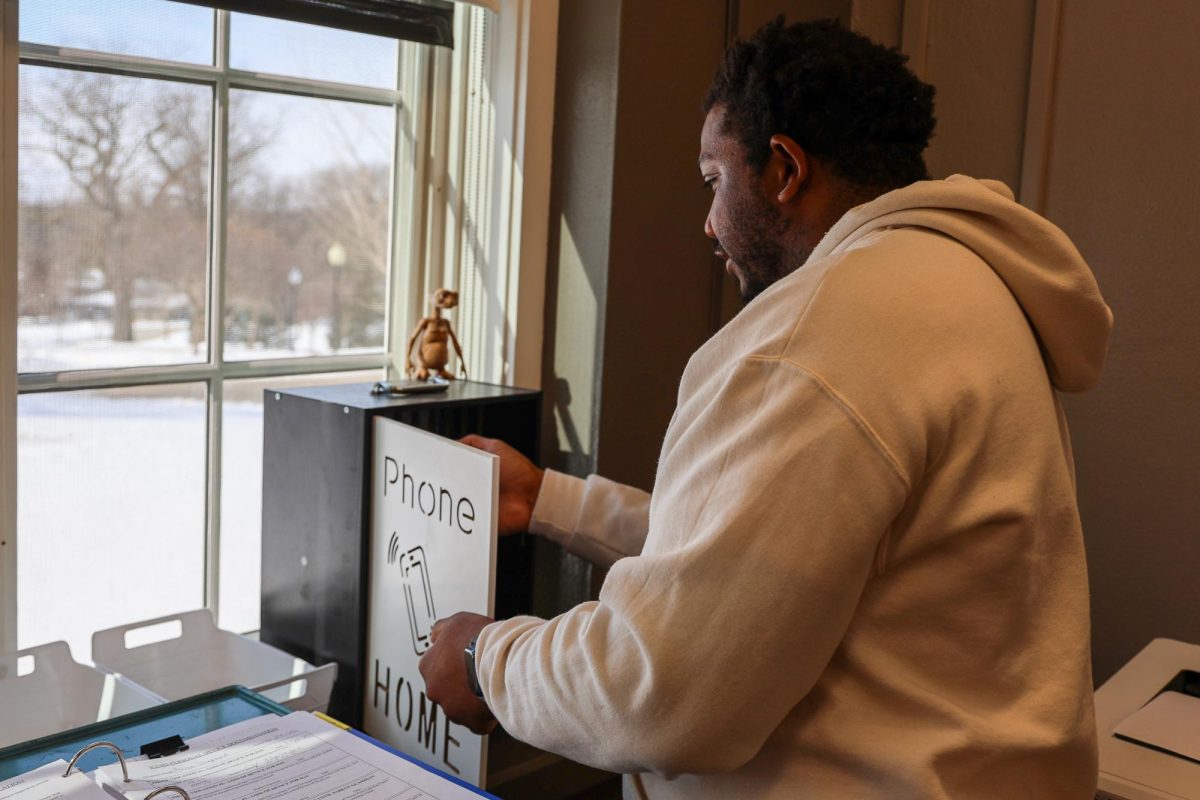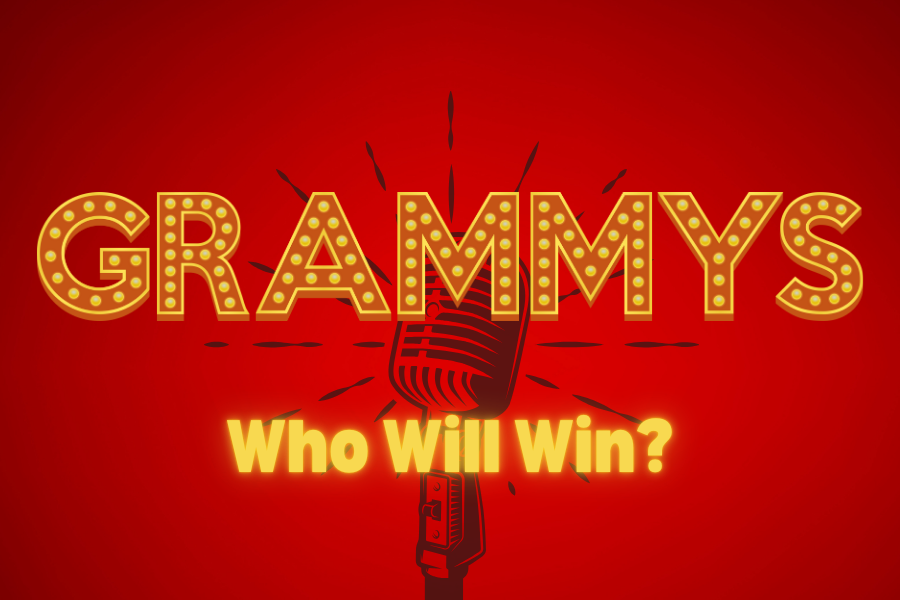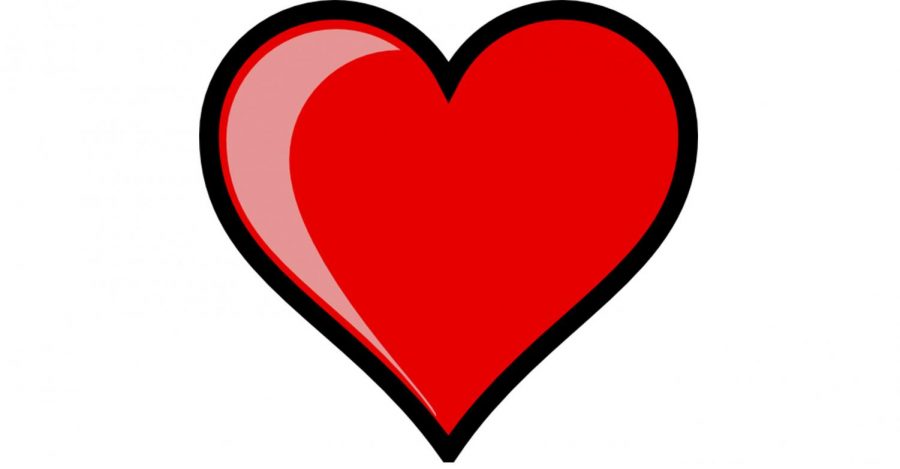Valentine’s Day: Sensational or Sensationalized?
February 26, 2018
In February, the stores are bombarded with reds, pinks, and stuffed animals holding hearts. Couples scramble to figure out Valentine’s Day plans. Singles search the dark crevices of the dating world to try to find a significant other for the infamous ‘love holiday’. This happens every year as this stressful, materialistic, sexist, and heteronormative holiday comes and goes. But for what? What is it about Valentine’s Day that makes it so appealing and so stressful? Is Valentine’s Day sensational or sensationalized?
While Valentine’s Day was declared by Pope Gelasius at the end of the fifth century, actual material valentines didn’t appear until after 1400. Now in the 21st century, Valentine’s Day is full of cards, flowers, and other material object of ‘love.’
“I find Americans just love objects to begin with.” Caroline McReynolds, ‘18. “Receiving an object to represent love is just another object we love to receive because it’s an object signifying love.”
It seems like other countries think of America as very materialistic and America’s love for objects feeds into Valentine’s Day.
“Businesses like money,” said Brendan Cox ‘18, a single man. “And people like physical objects that remind them of things but they’re not really necessary.”
Because of businesses’ greed for money and people’s need to have the security of material objects to express love, Valentine’s Day is reinforced throughout a person’s life, sometimes starting as early as Pre-K education. I remember being in preschool and buying overpriced valentines to hand out to all my class, picking out special valentines for people I liked and disliked. Media and businesses stress on Valentine’s Day was drilled into me at such an early age, I didn’t even blink at the thought of spending five dollars on cheaply made cards.
Valentine’s Day has also gotten more expensive throughout the years. In 2007 the average amount of money an American spent on Valentine’s Day was $120. In 2016 it had gone up to $147. 54.8% of Americans celebrated Valentine’s Day in 2016. That means over half of America spend around $147 on the holiday that represents love. Despite this, some couples don’t even really like Valentine’s Day.
“I personally have never understood the point of Valentine’s Day and why everyone loves it so much. I think the reason it appeals to people is because it’s an excuse for people to show love and affection and not be judged,” McReynolds explained.
Another thing about Valentine’s Day is that under all the red and pink layers of flowers and cards, it is a sexist holiday. Men are expected to buy women flowers and chocolates and jewelry. In the movies and TV shows women are clad in tight, form-fitting, red dresses and men are in suites at their door holding flowers and the red heart chocolate box. Even if it is not purposeful, Valentine’s Day portrayed in the media sends a message to society that men are expected to pay for everything and women reward them with looking pretty.
Valentine’s Day reinforces heteronormativity with the lack of representation of the other groups of sexualities. Scrolling through images and images of ads trying to sell things for Valentine’s Day, a person may only see one ad, at most, that shows an LGBT+ relationship.
With all of this combined, throughout the years the spark of romance around Valentine’s Day has started to fizzle. A survey from Debate.org showed that 53% of people said that Valentine’s Day shouldn’t be celebrated, leaving a close 47% of people celebrating.
“I don’t understand why people can’t show their love to others just on a regular day and it has to be on a certain day instead,” McReynolds said.
Despite everyone having opinions, no amount of surveys done will ever solve the debate on Valentine’s Day. If you search “opinions on Valentine’s Day”, a slew of articles appear with two opinions: love and hate. The general consensus in America right now is that Valentine’s Day is overrated. However, whether you love Valentine’s Day, hate it, or are indifferent, the opinion is yours to make- Valentine’s Day: Sensational or Sensationalized?






































